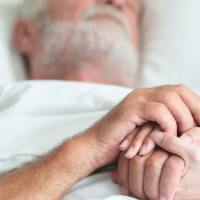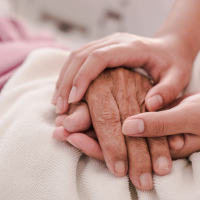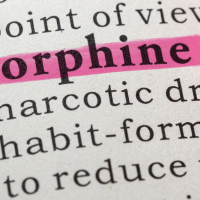The Value of Practical Tasks for The Dying

When a loved one is going through the dying process, many of us tend to try to supply support in the most significant areas. Oddly enough, the dying may experience more stress about the coordination of everyday activities in their absence. Frequently, this is where you can provide the most assistance.
Practical Jobs Can Make a Big Impact
As a loved one begins the dying the process, you’d imagine various sources of stress. Putting aside the existential, emotional, interpersonal, and spiritual issues that the dying may experience, managing day-to-day activities may be the source of the most uncertainty. Knowing that everything will be appropriately managed in their absence may be one of the most significant causes of relief that they may experience during the dying process. This is where you, a friend or family member of someone in the dying process, can offer immense support.
Managing the Handling of Affairs
Among the questions the dying have, some of the most profound are the most basic. “Who is going to water my plants?” “Who is going to take care of my husband?” “Who is going to feed my dog?” “Who will pick up the children from karate?” “Who is going to make dinner for my family?” Though you’re likely not the medical professional making significant decisions about your loved one’s hospice or palliative treatment, where you can have a significant positive impact is by managing the day-to-day tasks that the dying person was once responsible for and where now worry.
Accept Help Where Offered
If you are the primary caretaker of someone going through the dying process, do not feel the need to take on managing the physical and emotional needs of your loved ones in addition to all of the day-to-day activities. Other family members, friends, and community members will likely lend their services. While you may feel that their help will inconvenience them, realize that by allowing them to shoulder some of the day-to-day responsibilities, you are putting their minds at ease about your present state. Just as you may worry about all of the tasks that need to get done, they too worry about your ability to complete these tasks while also providing the emotional support where it is needed. By letting them help, you’re not only helping yourself, but you’re also helping them.
Let the Professionals Help
When a loved one is going through the dying process, it’s normal to feel the need to do everything you can to ease their discomfort. While the help of family and friends is encouraged, realize your limitations. Understanding that you will also need help as well through this process. There’s no shame in embracing the help of experienced professionals during this time.



